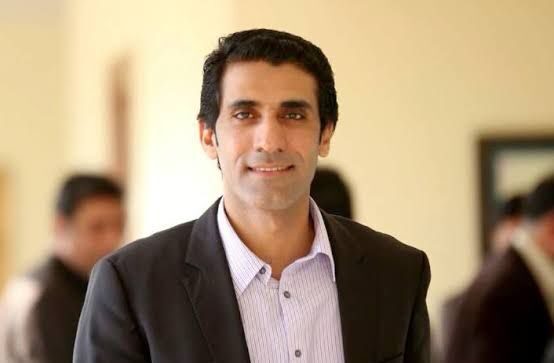Aun Chaudhry, the Additional Secretary General of the Istehkam-e-Pakistan Party (IPP), finds himself in hot water after a recent meeting with PML-N supremo Nawaz Sharif at the airport. The encounter has prompted the IPP to issue a show cause notice to Chaudhry, seeking an explanation for his actions.
According to a spokesperson for the IPP, the party has taken this step to address the meeting between Aun Chaudhry and former Prime Minister Nawaz Sharif. The party has officially dissociated itself from Chaudhry’s actions, signaling a potential rift within the party.
The meeting in question occurred as Nawaz Sharif returned to Pakistan after spending nearly four years in self-imposed exile in London. His homecoming marked a significant moment in Pakistani politics, drawing widespread attention and leading to various interactions with political figures and supporters.
Nawaz Sharif’s arrival in Pakistan was a highly anticipated event, and he made a grand entrance, landing in Lahore from Islamabad via helicopter. Lahore’s historic Minar-e-Pakistan monument served as the venue for a massive PML-N rally to welcome the former prime minister back to the country. Throughout this historic journey, Nawaz Sharif was accompanied by prominent PML-N figures, including the party’s President, Shehbaz Sharif, and former Finance Minister Ishaq Dar.
As Aun Chaudhry’s meeting with Nawaz Sharif comes under scrutiny, it underscores the broader political landscape in Pakistan, where such interactions can carry significant implications. The IPP’s decision to seek an explanation from one of its senior leaders highlights the complex dynamics at play within the country’s political parties.
The meeting has ignited speculation about the potential motivations behind such an encounter, as well as the repercussions it may have for both Aun Chaudhry and the Istehkam-e-Pakistan Party. It remains to be seen how Chaudhry will respond to the show cause notice and whether this incident will have any lasting effects on his political career or the IPP’s internal unity.
In a nation where political allegiances and affiliations can carry substantial weight, such incidents often invite intense public and media scrutiny. Pakistan’s political landscape continues to evolve, with key players like Nawaz Sharif making their presence felt, and every interaction and development holds the potential to shape the country’s future.


